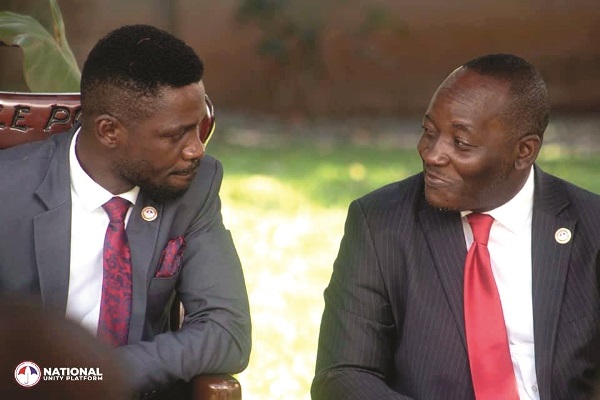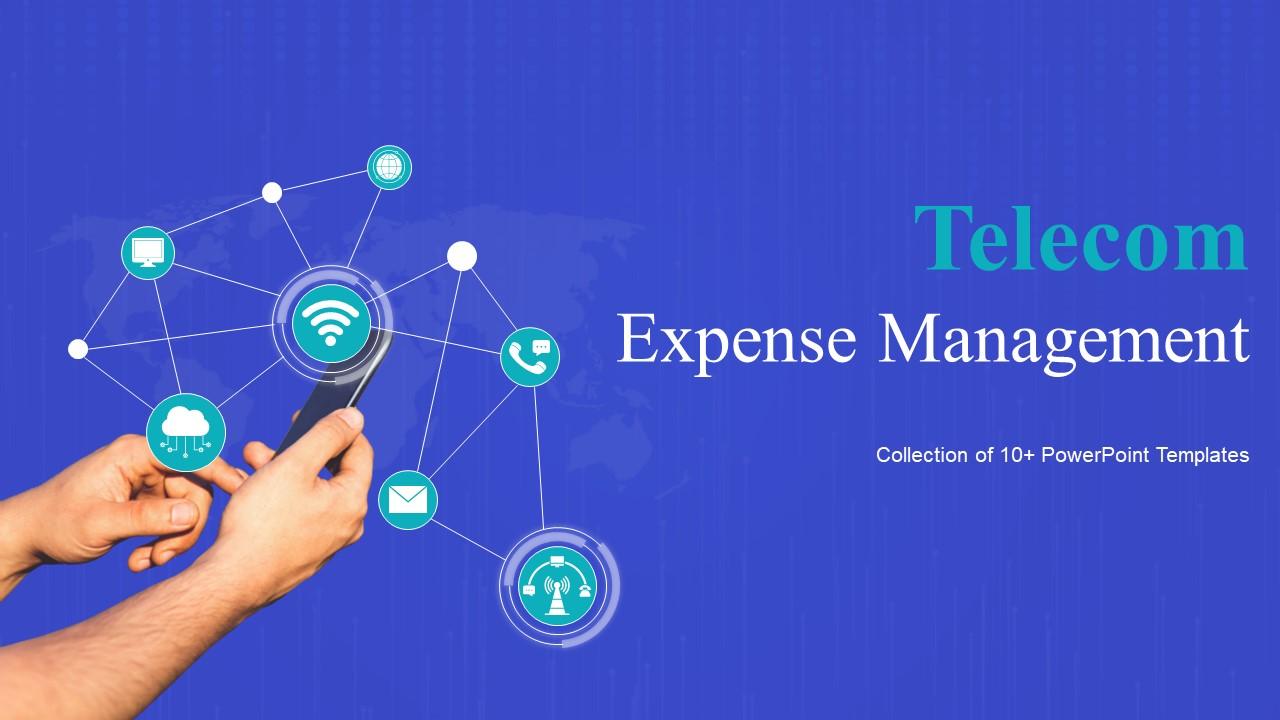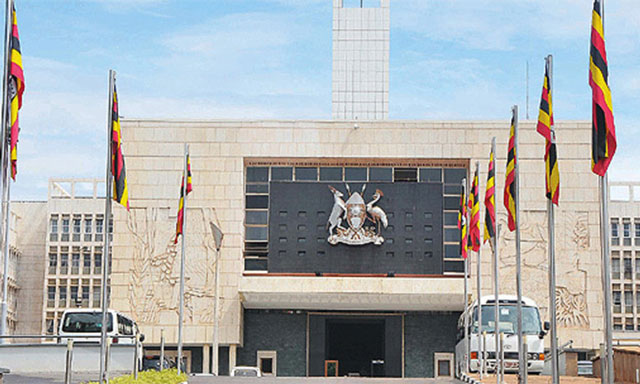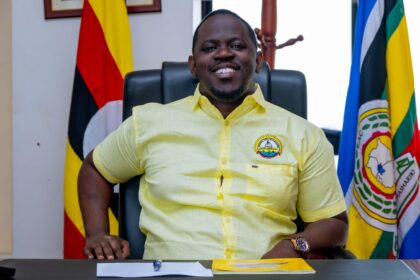Hashtags are becoming a powerful instrument for social commentary and activism in the digital era, frequently acting as a call to action for change. The hashtag “#UgandaParliamentExhibition” for almost a month now has become a poignant symbol of unhappiness among Ugandans, drawing attention to the supposed corruption within the hallowed halls of Parliament.
Clearly, the “#UgandaParliamentExhibition” is not a unique case of online activism. The Kampala Capital City Authority was prompted to take notice of the mayhem on Kampala’s roadways by Ugandans using the “#KampalaPotholeExhibition” just a year ago.
It is noteworthy that a response was made to this internet demonstration. A similar show occurred in the health sector, which prompted the Ministry of Health to respond. These incidents show how, with the right focus, online activism can spur positive change. The newest hashtag, on the other hand, seems to have strayed off course and unintentionally put the NUP Party in its crosshairs, whereas the preceding bullets hit their targets.
Originally, the hashtag #UgandaParliamentExhibition was used as a tool to make Parliament answerable for public money. But things changed drastically when social media revealed records that exposed questionable spending by several of the House’s top leaders, including accusations against former Opposition Leader in Parliament Mathias Mpuuga. Mpuuga was NUP’s battle war general however when his name appeared to be among the corrupt in the House. NUP publicly questioned him in the fight for accountability and openness, this discovery exposed internal splits within Mpuuga’s own party and this is where everything begun to go opposite
The trajectory of this hashtag has taken an unforeseen turn. In an ironic twist, what began as a campaign against parliamentary malpractice has now inadvertently embroiled the National Unity Platform Party (NUP) in a storm of controversy, leaving it disorganized and teetering on the edge of uncertainty.
Even if the #UgandaParliamentExhibition has sparked a lot of discussion about the extravagant lifestyles of legislative leaders, it seems that the legislative apparatus is unaffected and is still running smoothly. But as the main opposition party NUP is now in a political limbo due to the controversy whose igniter was the hashtag. Due to the disclosures made public by the hashtag, the party is currently on the verge of entering a state of political impasse, which is being made worse by internal conflicts and a rise in disdain among its members.
How did it start?
The focus of attention was firmly on Parliament as the #UgandaParliamentExhibition developed, echoing past shows that exposed dubious use of public monies. But unlike the previous time, among those in question, Mathias Mpuuga was the only opposition person involved and the rest were members of the government National Resistance Movement (NRM). Strangely enough, the NRM has said nothing at all, possibly waiting to see how the exhibition would go. Nevertheless, the NUP was the one who inadvertently entered the conflict.
The bombshell was a letter alleging corruption and official misuse and calling for Mpuuga’s resignation from his position as parliamentary commissioner. An iceberg colliding with the Titanic would be the equivalent of this development striking the NUP with mortal blows.
This created an opportunity for opponents to openly criticize Mpuuga within the NUP’s organizational structure, where even the most marginalized social media users abused him to the bone marrow. As the attacks grew more intense, the public’s attention has turned from the exhibition’s main goal of evaluating Parliament’s spending to the internal divisions within the NUP.
Radio and television political talk have quickly shifted from a more general discussion to a single focus on NUP and Mpuuga. Both Mpuuga and the party leader, Robert Kyagulanyi, are negatively impacted politically by this change as they become embroiled in a web of internal strife that draws attention away from the more pressing problems at hand.
There’s no doubt that the exhibition’s findings served as a catalyst for Mpuuga’s removal. On the other hand, this choice has had far-reaching consequences, it has exposed numerous skeletons that the National Unity Platform (NUP) has been hiding. It has also acted as a sobering reminder to the nation’s political elite that the NUP still has a long way to go before it can win over the wealthy and powerful members of society.
The party has fractures that have been made public by this incident, which has prompted a review of both its internal workings and its overall geopolitical orientation. It highlights the difficult obstacles that the NUP will face in its quest to maintain legitimacy and stature among influential Ugandan political figures.
One would say that to the National Unity Platform (NUP) there have been more negative effects from the exhibition than positive ones. Even as the inefficiencies of the Parliament were exposed, its leadership who were the main target of the exhibition have remained unflinchingly unaffected by the stark disclosures of financial malfeasance.
The noble mission of fighting corruption is at the heart of NUP’s values. But how Mpuuga’s case has been handled has turned out to be a two-edged sword. Their anti-corruption position may have strengthened them but it has also resulted in a loss of support, which is crucial in the political sphere.
The NUP’s internal strife poses a threat to its base of support, which is the foundation of any political organization. Should the present patterns continue, NUP might become weaker, like an old lion weakened by starvation come 2026.
This unanticipated development taking place in NUP confirms what the main organizers of the Uganda Parliament Exhibition probably expected to happen within Parliament. Rather, NUP ends up taking the brunt of the debris.
Like a marksman who is not supposed to strike his target but hits something unexpected, the National Unity Platform (NUP) is facing serious ramifications as a result of the exhibition, and if not handled carefully the effects of this bullet may make it more difficult for it to operate and maintain it’s usual political aura in the coming days.
Do you have a story in your community or an opinion to share with us: Email us at Submit an Article









